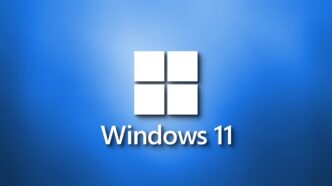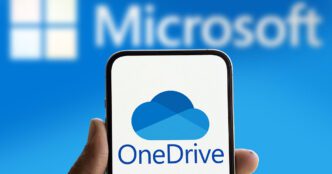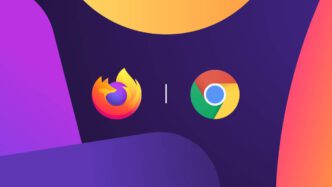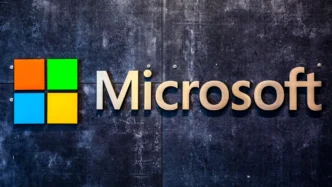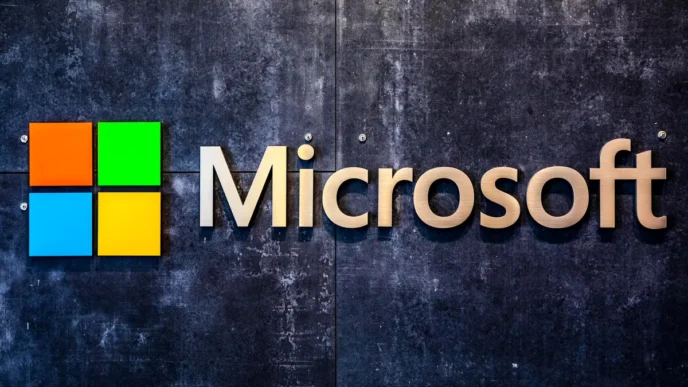Signal has rolled out a new privacy-first feature that automatically prevents screenshots of its chats on Windows 11, directly countering Microsoft’s controversial Windows Recall tool.
This latest update from Signal adds a “screen security” feature that actively stops Windows from capturing any visual data from its desktop app. Whether it’s a manual screenshot or one taken by Windows Recall — the AI-driven logging system that monitors user activity every few seconds — the result will simply be a blank screen. This protection is turned on by default for all Windows 11 users, and disabling it involves navigating deep into settings and acknowledging a prominent warning.
Signal’s developers say the move became necessary as Microsoft’s revamped Recall still poses a direct risk to apps built around strong privacy guarantees. In a blog post, Signal’s Joshua Lund noted that despite Microsoft’s improvements over the past year — including anti-tampering safeguards, encryption enhancements, and storing data in secure enclaves — Windows Recall still lacks one critical feature: granular developer controls. Without those controls, Signal has no way to ensure that its users’ private conversations won’t be exposed by the system-wide AI logging.
“We’re adding this default screen-blocking layer because Microsoft hasn’t left us with a better option,” said Lund. “Despite the usability trade-offs, the integrity of our users’ private conversations comes first.”
Windows Recall, once hyped by CEO Satya Nadella as the flagship feature of Microsoft’s AI-powered PC push, has had a rocky road. The tech giant delayed its release after facing sharp criticism from privacy advocates and security researchers. While Microsoft eventually reworked its architecture with proof-of-presence checks and more secure data storage, many developers and security experts still see it as a potential threat to user autonomy.
Signal’s concern runs deeper than just screenshots. The team sees the rise of AI agents with sweeping permissions, limited safeguards, and a relentless appetite for data as a fundamental risk to software architecture. Lund compared this phenomenon to breaching a “blood-brain barrier” between apps and the underlying OS — a dangerous collapse of boundaries that traditionally protect user data.
“This poses a significant threat not just to Signal but to all apps that prioritize privacy,” he warned.
He also criticized Microsoft’s decision to exclude private browser sessions from Recall by default while failing to offer the same respect to privacy-focused apps like Signal. “Apps that protect private communication should be treated with the same caution as incognito browser windows,” Lund emphasized.
As Microsoft prepares for another Recall rollout, Signal hopes this move will highlight the need for deeper collaboration between OS developers and privacy-oriented applications. Until then, it’s taking matters into its own hands — one blocked screenshot at a time.
